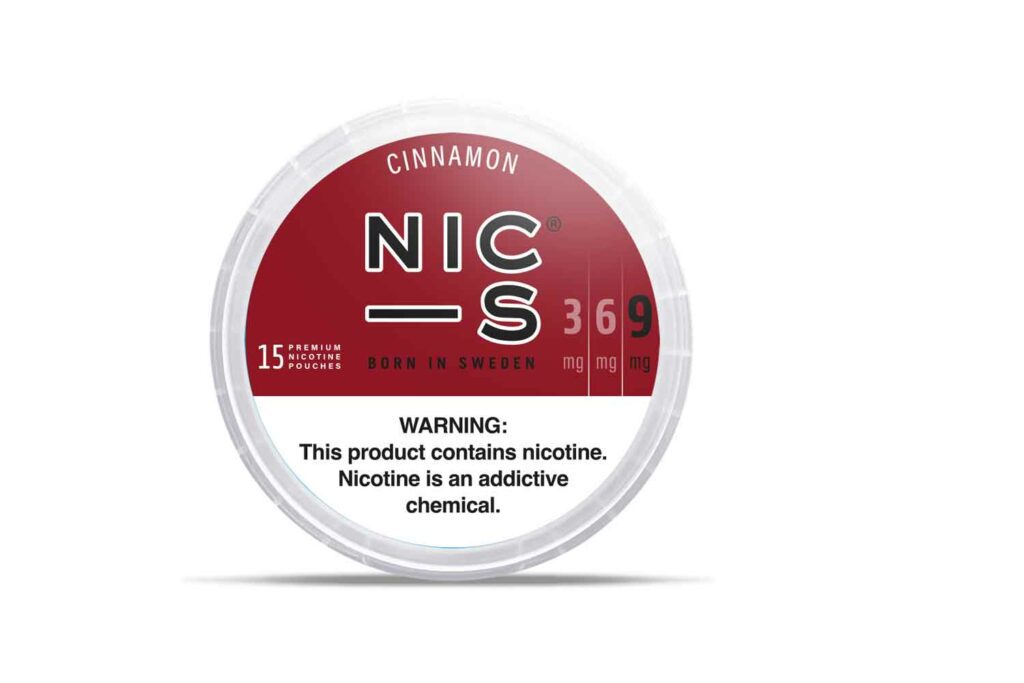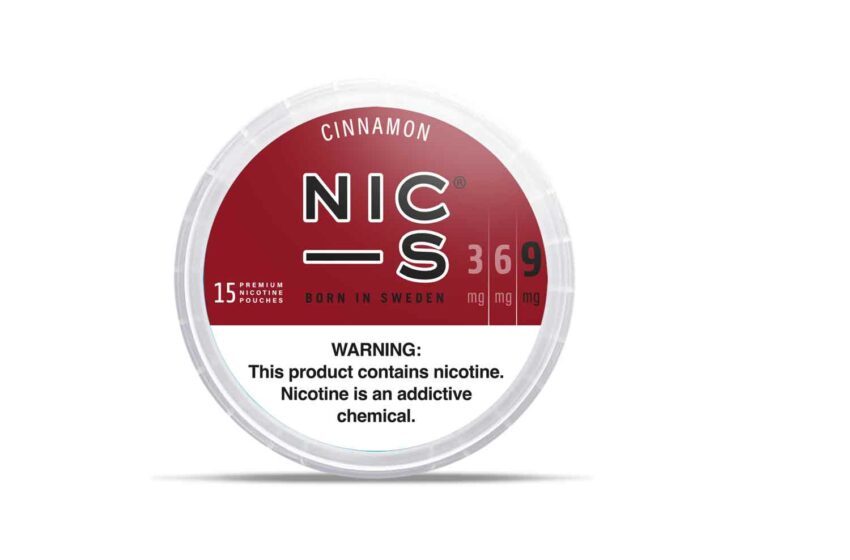
Premier Manufacturing, a subsidiary of U.S. Tobacco Cooperative, and Enorama Pharma have entered into an exclusive distribution agreement regarding the sale of NIC-S, tobacco-free white snus, for the U.S. market.
“The growth and sales potential in tobacco free nicotine pouch market is growing exponentially”, said Premier Manufacturing Sales Director Steve Lucas. “We wanted to offer our customers and their consumers a broader range of products and NIC-S is a great partner to achieve this”, said Lucas.
“We at Enorama are very pleased to have entered into this distribution agreement with Premier Manufacturing and we look forward to a long and close collaboration. We are convinced that Premier Manufacturing, its extensive sales organization and a wide contact network, will be a valuable partner for Enorama’s expansion in the American market.” said CEO Annette Agerskov.
NIC-S is available in a wide range of options allowing the consumer to tailor their nicotine intake. “With three different nicotine strengths—3 mg, 6 mg and 9 mg—and several flavors such as wintergreen, mint, orange, berry, cinnamon and flavor free; consumers will be sure to find a favorite style—or two,” said Lucas.
“Everyone at Premier Manufacturing is excited about the opportunity to partner with Enorama Pharma to supply our customers with a superior quality premium tobacco-free white pouch that will satisfy the growing number of consumers entering this exciting category,” said U.S. Tobacco Cooperative Senior Vice President Russ Mancuso.
Premier Manufacturing will be doing a full marketing campaign promoting NIC-S that will include point-of-sale materials, print and digital ad campaigns, display fixtures and various websites. Product will be available via Premier’s distribution network throughout the U.S. in the coming months.


















